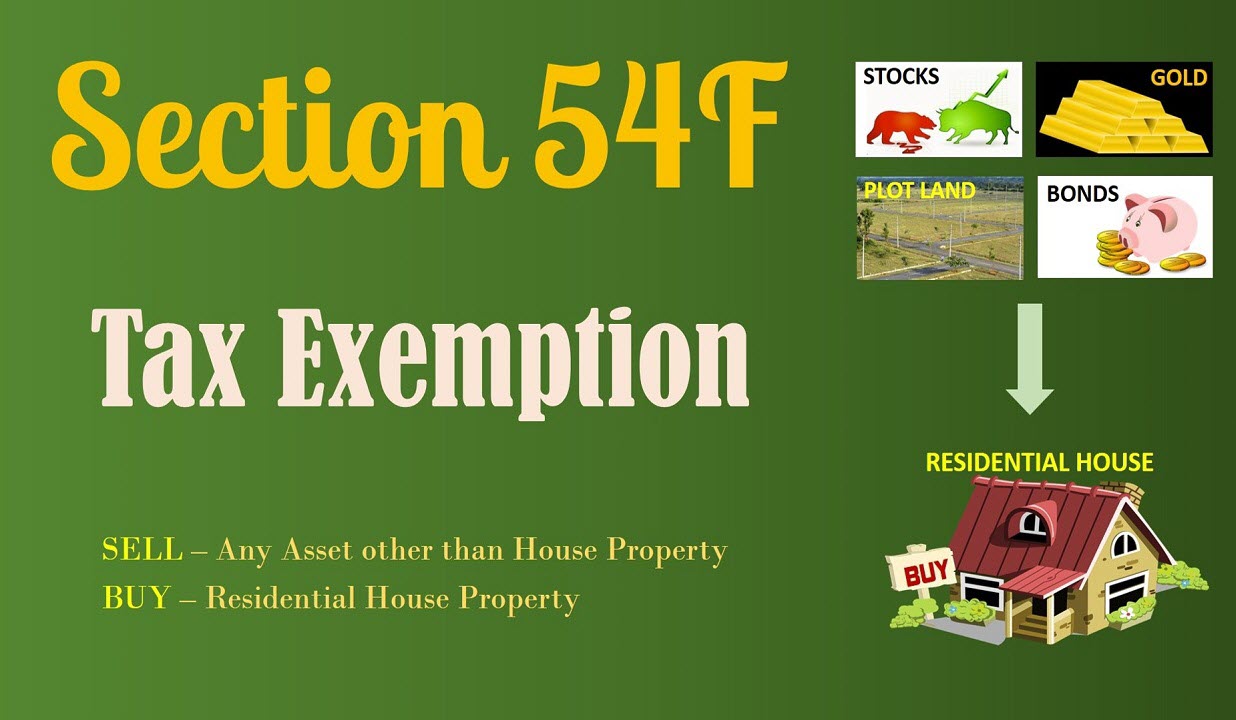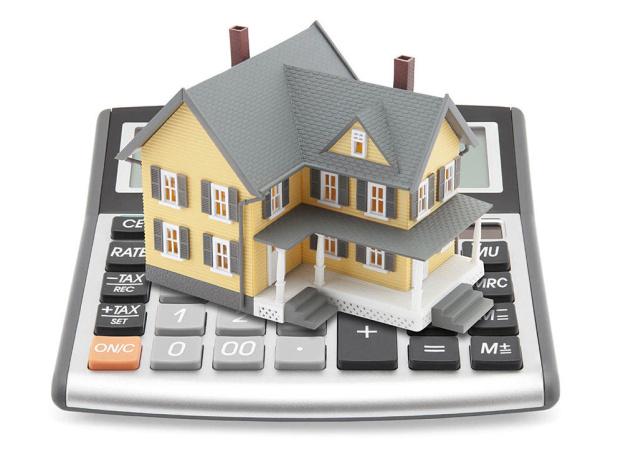Are You Selling a House or Plot of Land? Ideas to Lower Your Taxes
Every time you sell property — a house or a plot of land — you are liable to pay tax on the capital gain made on the sale. While you can’t always get away with paying capital gains tax, there are certain ways in which you can bring down your tax liability.

Under the income tax rules, a property sold off within three years from the date of purchase attracts short-term capital gains tax. If the sale happens after three years, then long-term capital gains tax applies.
What’s your gain?
Short-term capital gain (STCG) on sale of property is calculated as sale value minus cost of acquisition, cost of improvement and sale related expenditure such as brokerage, legal fees, and registration fees.
You are taxed on the STCG depending on your income tax slab. So, if you fall under the 30 per cent tax bracket, the STCG will be taxed at 30 per cent.
For long-term capital gain (LTCG), while the basic formula remains the same, the cost of acquisition and the cost of improvement are indexed by applying the relevant price index for that year. LTCG is taxed at a fixed 20 per cent rate.
If the property has been inherited by you or has been received as a gift, then the purchase cost of the original owner is the cost of acquisition.
“While routine expenses can’t be shown as cost of improvement, major alterations such as construction of a new floor in your house, something that is in the nature of a capital expense, will be allowed.
Remember that you must have the bills for it and any expenditure made to increase the value of a capital asset is treated as cost of improvement.
Save taxes
While you have no way of avoiding tax on STCG, there are ways to work around LTCG.
If the property being sold is a house or an apartment, then exemption is allowed to the extent of the LTCG amount that is invested in a residential house or in certain specified bonds.
However, if the property in question is a plot of land, then the LTCG is fully exempted if the amount invested in a house or bonds is equal to or more than the net sale consideration (sale price minus the sale-related expenses) received. If you invest only a portion (say half) of the net sale consideration, then the LTCG exemption too will be in the same proportion (50 per cent).
Besides, in the case of sale of land, the exemption on investment in a residential house will be allowed only if you don’t own more than one house at the time of sale of land.
You should also not buy another house within one year or construct another house within three years of the sale.
The timelines
In both cases (sale of house or land), the exemption will be allowed only if the house is bought within two years from the date of sale or was bought within a year preceding the sale.

Alternatively, if you want to construct a house, then it must be done within three years from the date of the sale. But, when you buy an under-construction property from a builder, experts such as Homi Mistry say that it is better to stick to the two-year deadline to avoid any disputes with the taxman. While there are court decisions that say that this will be considered as construction, there is no clarity on it.
It is important that the new house purchased must be held for at least three years failing which the capital gains from the sale of the new property, along with the earlier exempt capital gain, will be taxed.Alternatively, the amount can be invested in specified bonds issued by REC and NHAI to claim maximum deduction of ₹50 lakh.
But the investment must be made within six months of the sale (or before tax return filing due date for that year) and must be held for at least three years.
Leave A Comment